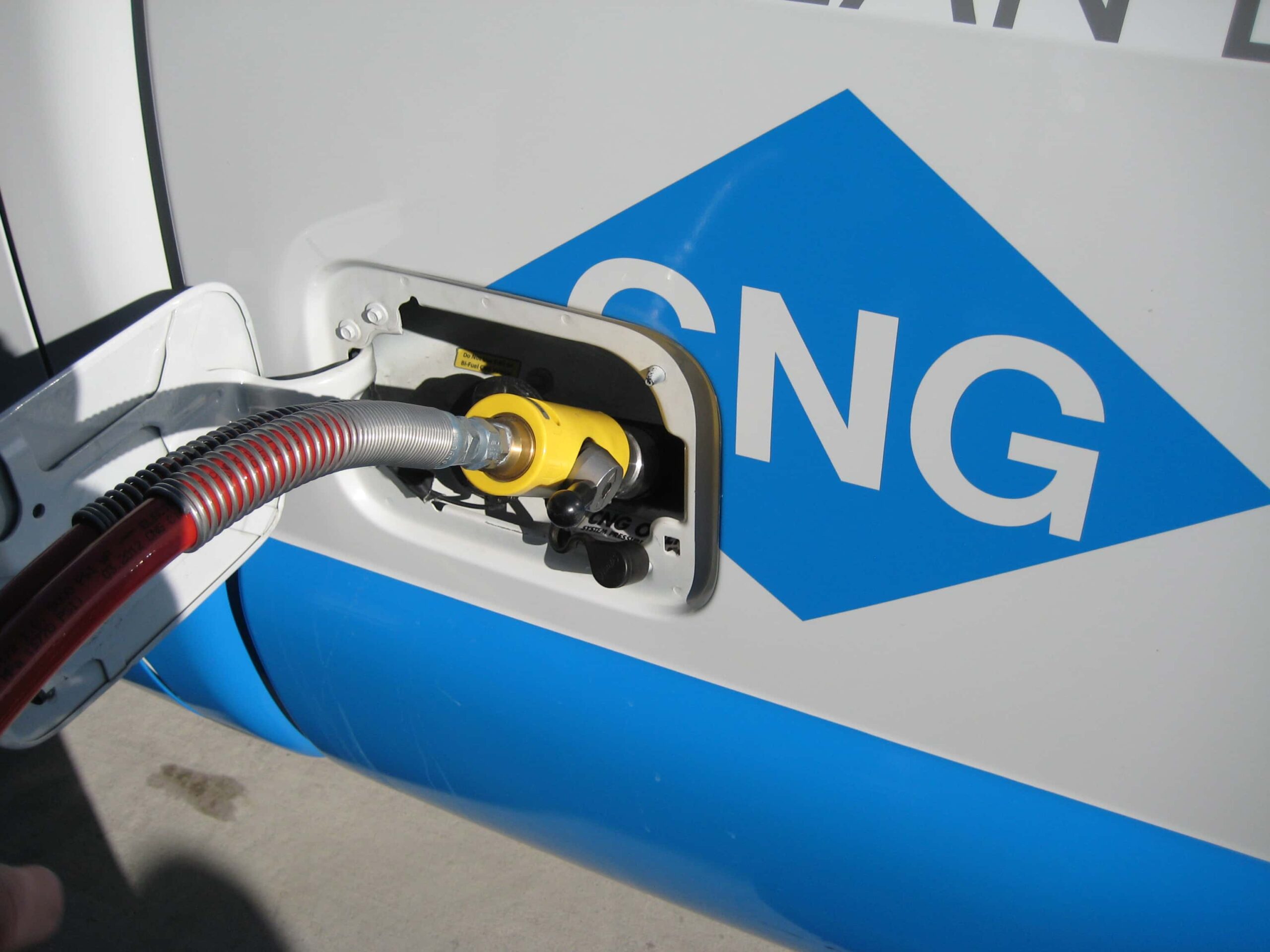Transforming Supply Chain and Logistics Management in Nigeria Through AI: Lessons from the USA
Efficient supply chain and logistics management are essential for economic growth, especially in a country like Nigeria where inadequate infrastructure and inefficiencies create bottlenecks in commerce.
As global trends highlight the transformative impact of artificial intelligence (AI) in these sectors, Nigeria has an opportunity to leverage these advancements by learning from the successes of the United States.In the U.S., AI technologies have revolutionized supply chain management. According to McKinsey, AI applications in logistics and supply chains are projected to create $1.3 trillion to $2 trillion in value annually over the next decade.
Companies like Amazon have optimized warehouse operations using AI-driven robotics, while Walmart uses predictive analytics to anticipate consumer demand, reducing waste and ensuring timely inventory replenishment.
These innovations have not only streamlined operations but have also significantly reduced costs and environmental impact.
Nigeria’s logistics and supply chain industry, which accounts for an estimated 10% of GDP, faces challenges including poor infrastructure, high transportation costs, and limited transparency in operations.
These issues contribute to inefficiencies that increase the cost of doing business and limit competitiveness. However, the adoption of AI-powered solutions could mitigate many of these challenges.
Predictive analytics, for instance, can help businesses anticipate supply chain disruptions, optimize delivery routes, and improve decision-making.Rita Attah, an accomplished professional with expertise spanning energy, technology, and investment banking, underscores the transformative potential of AI in Nigeria’s supply chain and logistics sectors.
With a Master of Science in Technology Management from Columbia University, Attah has led groundbreaking initiatives, including the integration of AI-driven digital solutions in the energy sector, achieving a 25% increase in operational efficiency.
“AI offers a pathway to address systemic inefficiencies in Nigeria’s supply chain and logistics,” Attah explains. “From optimizing inventory management to improving last-mile delivery, the technology can help businesses adapt to a rapidly evolving market.”
She also highlights the importance of data integration, noting that AI solutions are most effective when combined with robust data collection and analysis frameworks.Attah emphasizes three key lessons Nigeria can learn from the U.S.U.S. companies have invested heavily in technology infrastructure, such as IoT-enabled sensors and cloud-based platforms, to enhance supply chain visibility.
Nigerian businesses and government entities should prioritize similar investments, supported by incentives for tech adoption.Collaborative efforts between governments and private enterprises have driven AI adoption in U.S. logistics. In Nigeria, fostering partnerships between tech startups, logistics firms, and policymakers could accelerate the deployment of AI solutions.
Clear policies and supportive regulations are essential to fostering innovation. The U.S. has created frameworks that encourage the responsible use of AI while addressing privacy and ethical concerns.
Nigeria can benefit by developing its regulatory landscape to facilitate AI-driven advancements.Emerging trends such as the use of autonomous vehicles and drone deliveries also hold potential for Nigeria, particularly in addressing last-mile logistics challenges in rural and hard-to-reach areas.
Additionally, AI-powered platforms like machine learning algorithms for demand forecasting could reduce overstocking and understocking issues, saving costs and improving profitability.However, challenges remain.
A lack of skilled professionals in AI, limited access to technology in rural areas, and resistance to change are barriers that need to be addressed.
Attah advocates for comprehensive training programs to build local capacity, along with awareness campaigns to promote the benefits of AI adoption.
The opportunities for AI in Nigeria’s supply chain and logistics sectors are immense. According to a recent PwC report, the digitization of supply chains could boost Nigeria’s GDP by $15 billion annually.
By leveraging lessons from the U.S. and adopting a strategic approach, Nigeria can transform its logistics sector into a competitive and efficient system that supports broader economic goals.
As Attah aptly concludes, “AI is not just a tool; it is a catalyst for change. The key lies in aligning innovation with Nigeria’s unique challenges and opportunities to create sustainable solutions that drive economic growth and improve the quality of life for all.
”Nigeria’s journey toward a smarter, more efficient supply chain and logistics system has begun, and with the right investments, policies, and expertise, the nation is poised to become a leader in leveraging technology for economic transformation.








